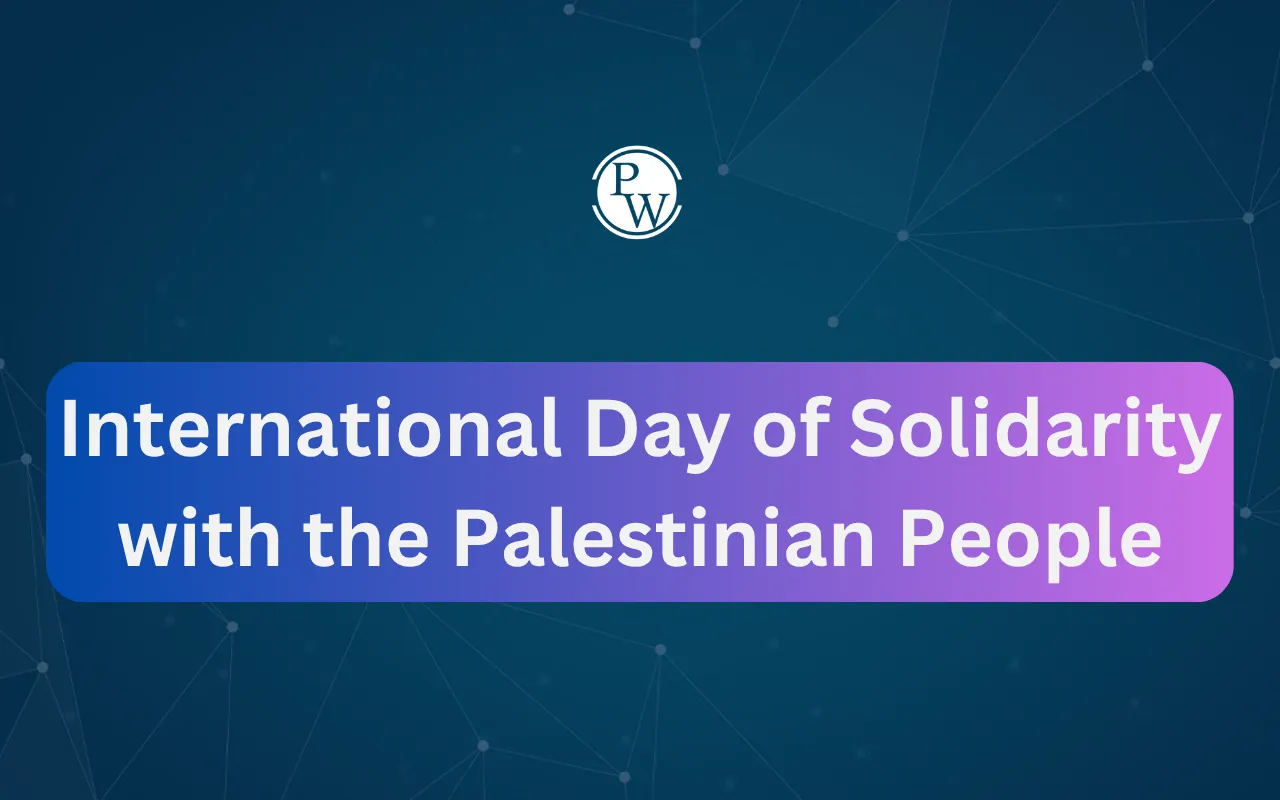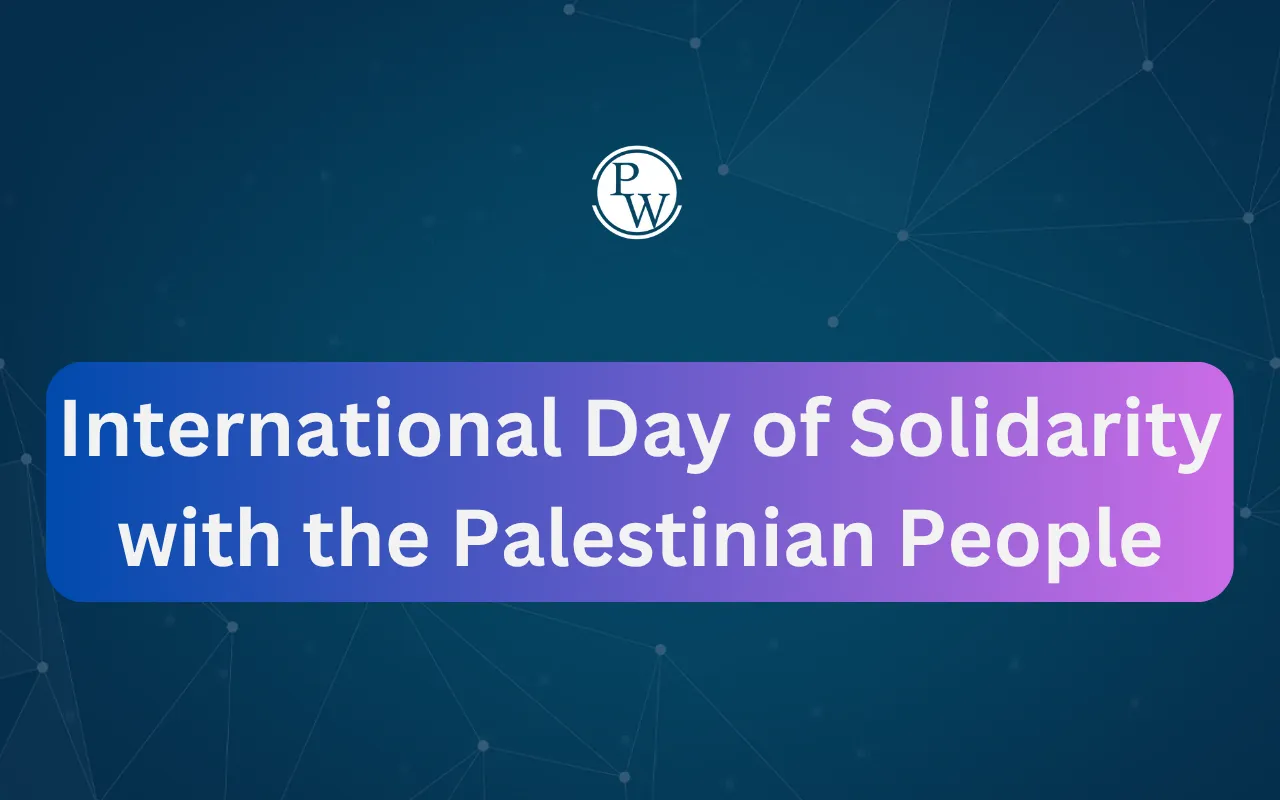

The International Day of Solidarity with the Palestinian People is celebrated every year on November 29th. The United Nations, which is called the UN, established this annual observance in 1977 through General Assembly resolution 32/40 B. It is an important occasion to educate the public on the main issues of the conflict. The day emphasizes the importance of mobilizing political will and resources. It supports a just solution for the unresolved Question of Palestine.
International Day of Solidarity 2025
The 2025 observance will take place on Saturday, November 29. While specific event details are announced closer to the date, the structure remains consistent. The UN holds a special meeting at its headquarters in New York. Member States are encouraged to organize cultural events and exhibits. These activities showcase Palestinian rights and heritage globally.
Historical Significance of November 29
The date was chosen for its historical resonance. On November 29, 1947, the UN General Assembly adopted Resolution 181 (II). This resolution proposed the partition of Palestine into Arab and Jewish states. This partition plan was never fully implemented. It remains a foundational moment in the history of the issue.
The UN's Mandate and Resolutions
The UN has a long-standing responsibility to the Palestine question. Since 1947, the organization has grappled with finding a just solution. The observance itself stems from Resolution 32/40 B (1977). A later measure, Resolution 60/37 (2005), further requested specific annual events. These include organizing exhibits on Palestinian rights or cultural gatherings.
The central goal is to realize the inalienable rights of the Palestinian people. These rights include self-determination without external interference. They also include national independence and sovereignty in Palestine. Further, the right of return for refugees is consistently affirmed.
Global Observance and Key Participants
The Committee on the Exercise of the Inalienable Rights of the Palestinian People coordinates the activities. The Division for Palestinian Rights supports this work. Observances often include public lectures, film screenings, and musical performances. UN bodies like UNRWA and OCHA participate actively. Member States, civil society organizations, and activists around the world also hold events.
The day serves as a powerful advocacy tool. It promotes awareness and facilitates dialogue among nations. It highlights the continued urgency for a comprehensive, peaceful settlement.
